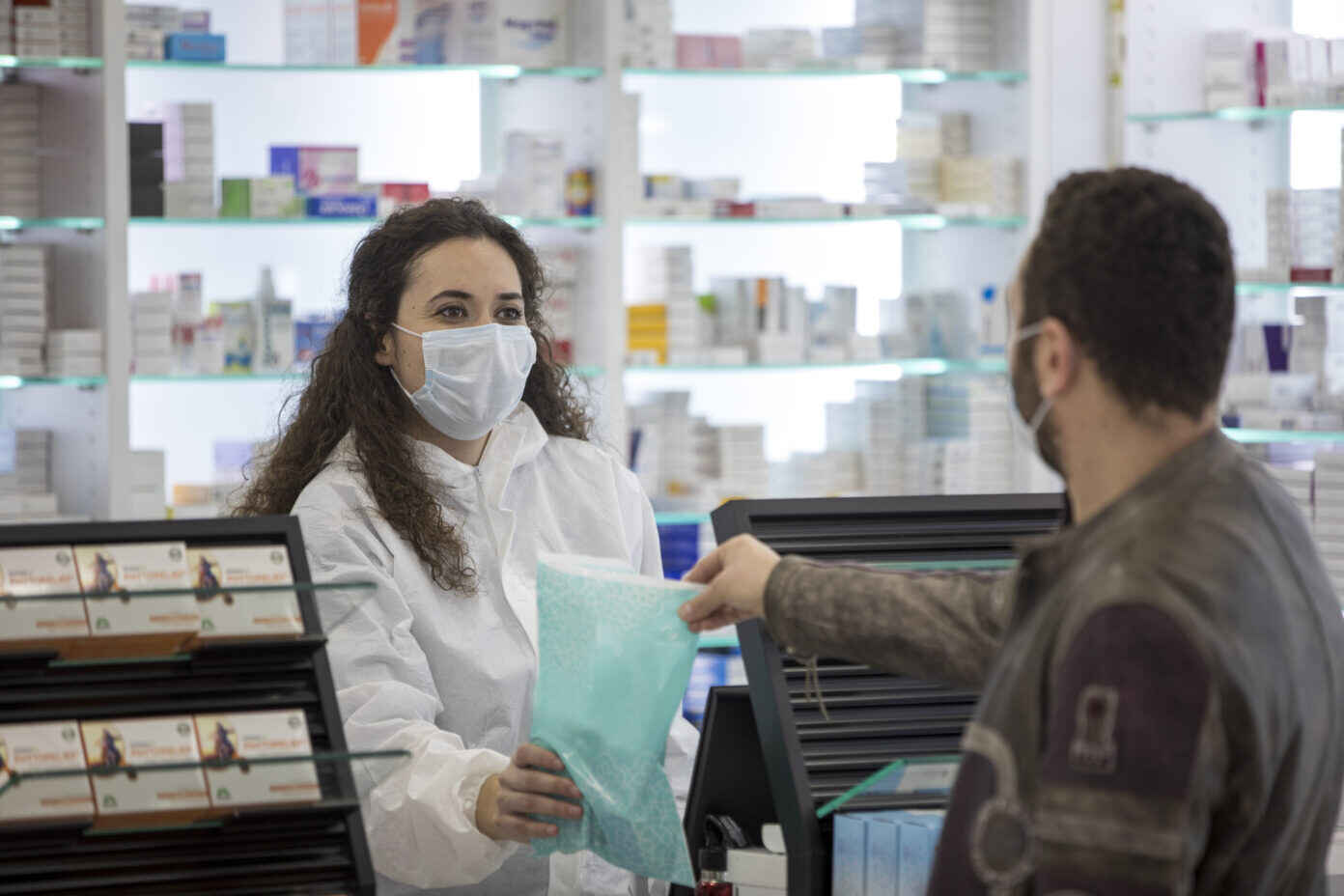Drug Enforcement Administration Waives Some Barriers to Medications for Opioid Use Disorder in Response to COVID-19 Pandemic
May 20, 2020
Overview
In a recent post, we discussed several ways the federal government has modified or suspended legal and regulatory barriers to medications for opioid use disorder (MOUD) during the COVID-19 epidemic. These changes have the potential to increase access to these medications, particularly the initiation and provision of buprenorphine via telemedicine.

The Drug Enforcement Administration (DEA) has also temporarily waived or clarified several other restrictions that may act as barriers to these life-saving medications. This post briefly summarizes some of these changes.
- In acknowledgement of the fact that some prescribers may be responding to the crisis outside of the state in which they normally practice, the DEA has waived the requirement that a DEA-registered provider obtain a separate DEA registration in each state in which they practice under some circumstances. In states that have granted reciprocity to providers in other states to practice in the second state during the public health emergency, the DEA will permit them to do so without obtaining a separate DEA registration for that state. The Agency explicitly notes that this waiver applies to the practice of telemedicine with patients located in states where the prescriber is not DEA-registered.
- In consultation with the Substance Abuse and Mental Health Services Administration (SAMHSA), the DEA is temporarily permitting Opioid Treatment Programs (OTPs) to provide patients who are otherwise permitted to obtain take-home doses of methadone to obtain those doses from temporary off-site locations provided they are located in the same state in which the OTP is registered and meet certain other conditions. Without this waiver, such locations would need a separate registration to provide take-home doses of medication.
- Further, the DEA is now permitting authorized OTP employees to personally deliver methadone to patients who cannot travel to the OTP to obtain the medication themselves, and has authorized law enforcement and National Guard personnel to deliver methadone to patients as well. However, it remains forbidden to mail methadone to OTP patients via the US mail or common carriers.
- To address social distancing requirements in some locales, the DEA has waived the requirement that OTPs sign an invoice for any narcotic substances that they receive at the time they receive the substances, so long as certain conditions are met.
The DEA has also issued an extremely useful graphical flowchart that demonstrates how controlled substances, including but not limited to MOUD, may be prescribed during the COVID-19 emergency.
All of these changes are in effect only during the COVID-19 emergency. However, the DEA has the authority to grant exceptions to many regulations at any time, and to suspend many statutory barriers to prescribing opioids by means of the internet during any declared public health emergency. The nation has been under such an emergency related to the opioid crisis since the declaration by Acting Secretary of Health and Human Services Eric D. Hogan in late 2017. The DEA should strongly consider using that authority to extend these changes for the duration of the opioid public health emergency, which will remain even after the threat from COVID-19 subsides.
This post was developed by Corey Davis, Director of the Network’s Harm Reduction Legal Project. The Network for Public Health Law provides information and technical assistance on issues related to public health. The legal information and assistance provided in this document do not constitute legal advice or legal representation. For legal advice, readers should consult a lawyer in their state.
Support for the Network is provided by the Robert Wood Johnson Foundation (RWJF). The views expressed in this post do not represent the views of (and should not be attributed to) RWJF.
